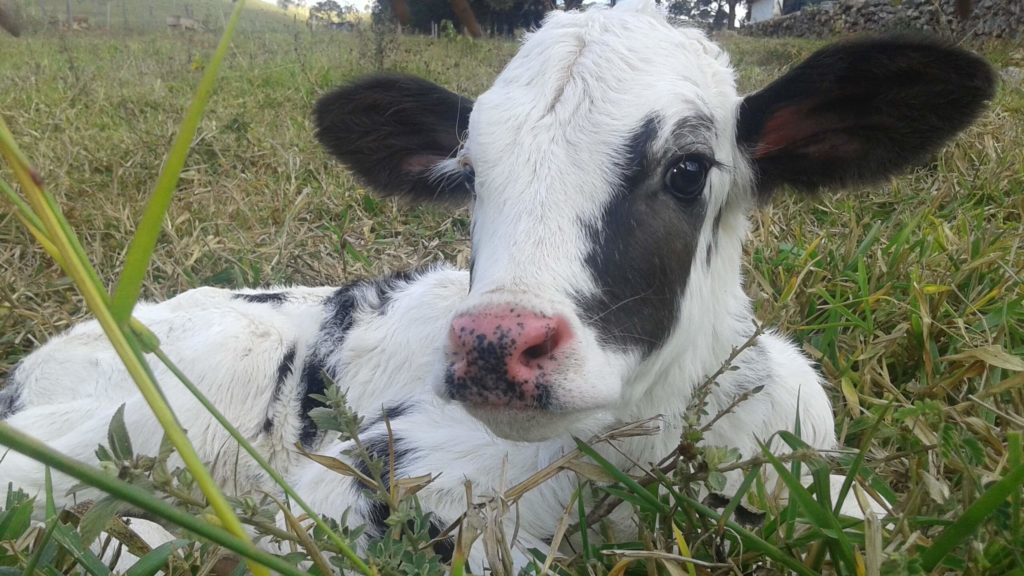More than 2,700 dairy farms shut down operations in 2018, according to new data from the USDA. It’s a decline of nearly seven percent over the previous 12-month period.
While a number of states reported no declines, no states saw dairy farm numbers increase, either.
Some of the nation’s biggest dairy-producing states — Wisconsin, Pennsylvania, and California — all saw significant drops in the number of operational dairy producers.
Wisconsin, the nation’s largest dairy producer, lost nearly 600 farms. Pennsylvania lost 370 farms. Michigan’s total number of dairy producers was down by 13 percent. New York state, once a leading dairy producer, has seen a steady decline in dairy production as well.
“The most startling statistic is we now have 33,438 farms in the state, about 2,100 fewer farms than 2012,” New York State Farm Bureau President David Fisher stated in a release. “This is the largest drop in more than two decades and is triple the national average of a three percent loss.”

Dairy’s Out, Vegan Milk Is In
The USDA chalks much of the closures up to a “depressed farm economy” along with rising labor costs making it difficult for producers to stay in business.
The farm census points to more than $1.1 billion in revenue losses last year. According to the Dairy Farmers of America, the drop reflects the average price of milk year-over-year.
But industry analysts point to other culprits, namely America’s growing taste for dairy-free products in all categories.
While dairy sales are dropping, plant-based dairy-free options are seeing significant sales spikes. Data collection agency Mintel reported dairy-free options grew 61 percent between 2012 and 2017. The industry is now valued at more than $2 billion.
“While almond, coconut and soy milks remain the most popular types of non-dairy milk, other nut and plant bases are gaining traction, including pecan, quinoa, hazelnut and flax milks,” Megan Hambleton, Beverage Analyst at Mintel, said in a statement.
“Both established and new brands are taking advantage of the growing non-dairy milk segment, innovating with alternative non-dairy bases.” According to Hambleton, innovation will be “a catalyst” in moving the dairy-free segments further. “We predict that new plant bases such as cashew and rice will allow new entrants into the non-dairy milk category to eventually surpass the soy milk segment, one of the first non-dairy milk segments to really take off with consumers.”


